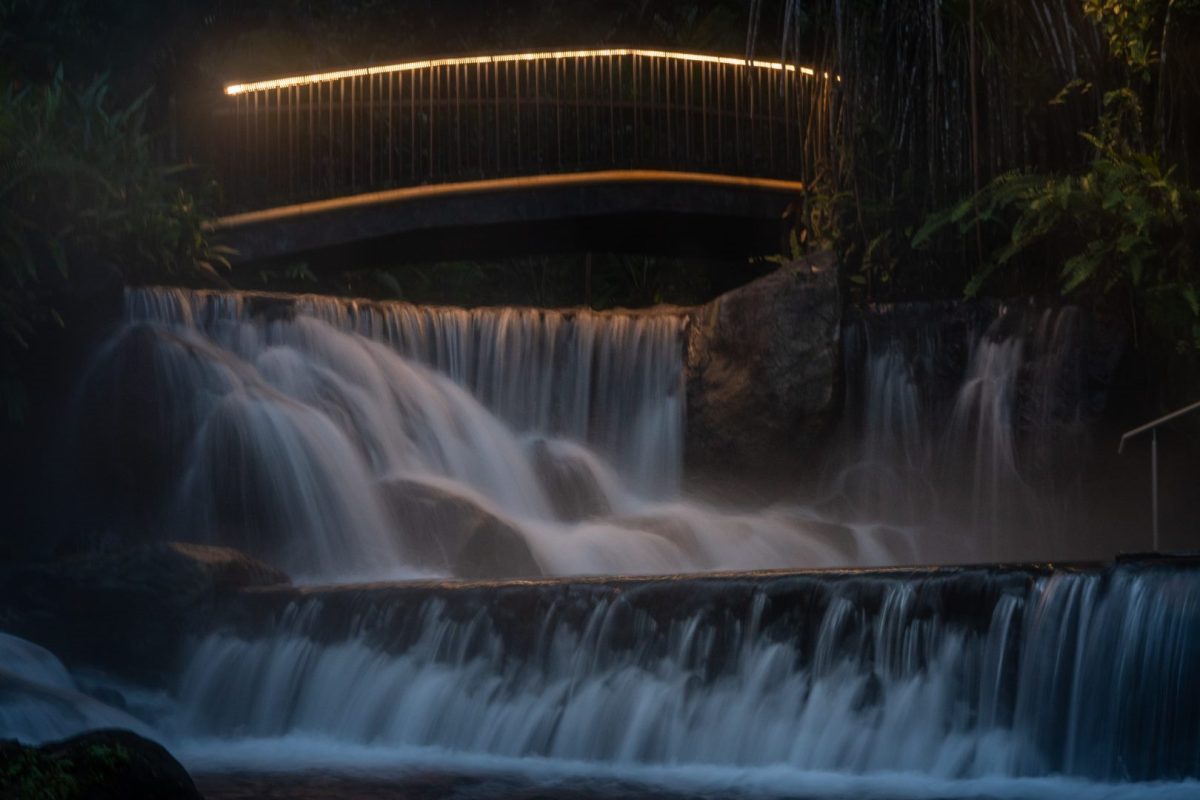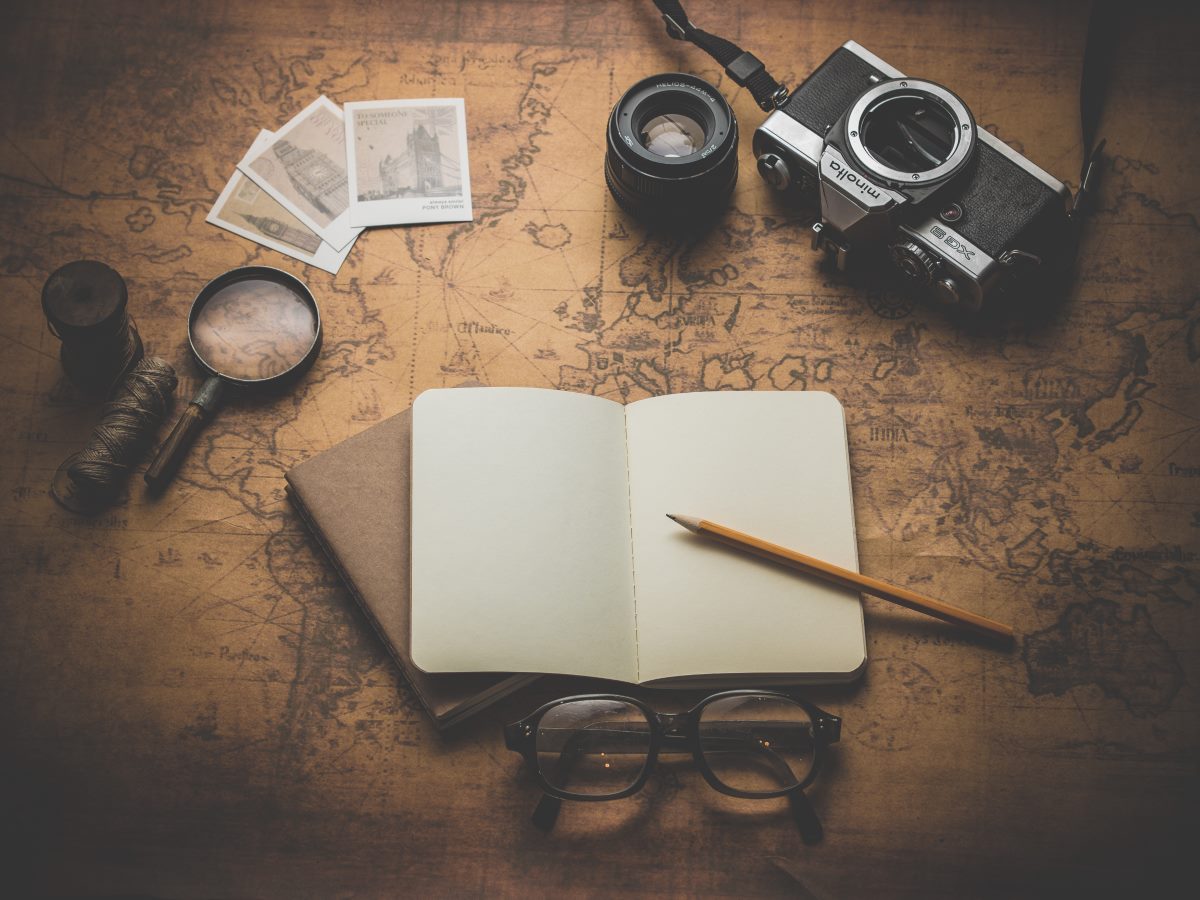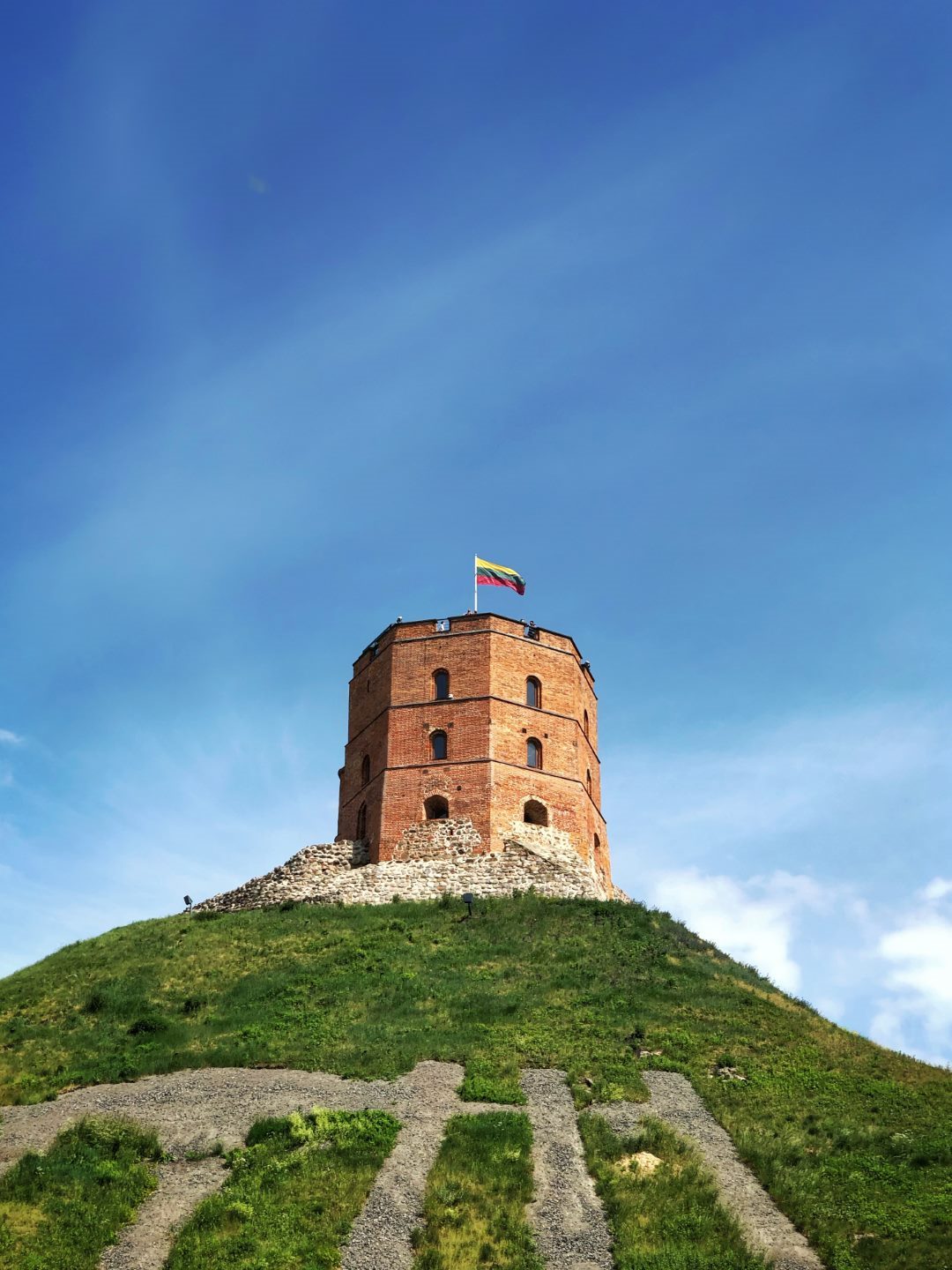How to Plan Your Munich Historical Walking Tour on the Rise of Hitler
If you’re heading to Munich, a historical walking tour in the city center is a must-see activity. The tour delves into the controversial and dark past of the city and how it played a significant role in the rise of Hitler and the Nazis. With a knowledgeable guide like Alex, a Munich local with a passion for history taking you through the different sites, you’ll have an experience like none you’ve had before.Highlights
The tour offers visitors a unique opportunity to learn about the history of the Nazi movement and the city’s role in the events leading up to World War II. Highlights of the tour include:- Experience an exciting city tour about the rise of Hitler and the Nazis.
- Learn more about how events transpired, making Munich the capital of the Nazi movement.
- Visit the most important buildings built by Hitler and his followers.
- Discover the dark history of Munich.
Full Description
Munich, like many other parts of Europe, has a dark history, and the rise of Adolf Hitler and the Nazis is a significant part of it. Hitler was a former soldier from Austria who was initially unknown in Germany. However, he eventually rose to become the feared dictator of the Third Reich. Munich played a critical role in the rise of the Nazis. In recognition of the city’s contribution to the movement, Hitler awarded Munich the honorary title of “capital of the movement.” Many propaganda buildings were built across Munich to celebrate the movement and the “new” Germany that the Nazis wanted to build. The tour takes you through the different sites that are associated with Hitler and the Nazi movement. Your knowledgeable guide, Alex, will walk you through the streets of Munich, pointing out various architectural styles associated with the Nazi regime. You’ll visit buildings like the Hofbräuhaus, where the Nazi Party held rallies, and the former headquarters of the Nazi Party. There’s also the opportunity to go inside the buildings and learn about their significance. One such building is the Führerbau, which was built to house government offices and host the party’s events. Visitors on the tour learn about the history behind the building and how it became an essential part of Nazi history. Perhaps the highlight of the tour is a visit to the site where the failed Beer Hall Putsch took place. The Beer Hall Putsch emerged as a failed coup attempt by Hitler and his followers to take control of the German government. The coup attempt took place in November 1923 and was a pivotal moment in the history of the Nazi movement. Visitors get to learn about the events that took place, what happened next, and how it contributed to the eventual rise of Hitler to power.Tips for Booking the Tour
To book the Munich Historical Walking Tour on the Rise of Hitler, simply visit the tour booking page here. The tour is an excellent way to learn about one of the darkest periods of European history, and with Alex as your guide, you’re sure to have a fantastic experience. The tour lasts approximately two hours and covers about two and a half kilometers. The tour starts at Karlsplatz Stachus, and a maximum of 15 guests are allowed in each group, ensuring a personalized experience.Book Your Tour Now
A historical walking tour in Munich is a vital part of any visit to the city, and the Munich Historical Walking Tour on the Rise of Hitler offers a unique opportunity to learn about the Nazi regime’s history. Visitors will learn about the importance of Munich in the Nazi movement, visit architecturally significant buildings and understand how they came to be, and appreciate the darker side of Munich’s past. It’s an excellent opportunity to learn about history, and with Alex as your guide, you’ll have an experience like none other. Book your tour today.
Munich – Frequently Asked Questions
Munich is a beautiful city located in Southern Germany. The city is world-famous for its beer culture, historical landmarks, and lively nightlife. If you’re planning a trip to Munich, you may have some questions that need to be answered before making your travel arrangements. In this FAQ, we will cover the most commonly asked questions about Munich.1. What is Munich famous for?
Munich is famous for a variety of things, including Oktoberfest, beer gardens, the BMW Museum, iconic landmarks such as Neuschwanstein Castle, English Garden, Marienplatz, Nymphenburg Palace, Viktualienmarkt, and Deutsches Museum, and historical events such as the Munich Massacre.2. When is the best time to visit Munich?
The best time to visit Munich is during the spring (April to June) and autumn (September to October) seasons. These periods offer milder temperatures and fewer crowds, making it easier to explore the city’s highlights. However, you should avoid visiting during Oktoberfest (late September to early October) if you’re not a fan of crowded places or if you cannot drink alcohol.3. Do I need a visa to visit Munich?
It depends on your nationality. Citizens from the European Union, Switzerland, Norway, Iceland, and Liechtenstein do not need a visa to enter Germany, including Munich, as long as they have a valid passport. Other countries may require a Schengen visa to enter, and you should check with the German Embassy or consulate in your country for more information.4. How do I get to Munich?
Munich is well-connected to other German cities and international destinations by train, bus, and plane. If you’re travelling from other European cities, taking a train could be a more comfortable option. However, if you’re coming from farther away, you may want to look for flights to Munich International Airport, which is located about 30 km northeast of Munich. Alternatively, you can also consider taking a long-distance bus from other German cities such as Berlin or Frankfurt.5. How do I get around Munich?
Munich has an excellent public transportation system consisting of buses, trams, and the U-Bahn and S-Bahn trains. You can purchase a multi-day ticket or a daily ticket, which costs around €7-€12, depending on the duration and zones of travel. Alternatively, you can also rent a bicycle or E-scooter if you prefer to explore the city in a more eco-friendly way.6. Which are the best places to eat in Munich?
Munich has a vibrant food scene, and you will find various options according to your budget and preferences. Some of the must-try foods include Bavarian sausage, pretzels, Schweinshaxe (pork knuckle), Leberknödel (liver dumplings), and of course, beer. You can find local taverns (Gasthaus), beer gardens, and upscale restaurants throughout the city. Some recommended places to eat are Hofbräuhaus, Augustiner-Keller, Der Pschorr, and Viktualienmarkt.7. Are there any day trips from Munich?
If you’re staying in Munich for several days, you can also consider taking day trips to nearby destinations, such as Neuschwanstein Castle, Salzburg (Austria), Nuremberg, Rothenburg ob der Tauber, and Zugspitze, which is the highest mountain in Germany. There are many tour operators that offer day tours from Munich, or you can also rent a car and explore at your own pace.8. Which are the best areas to stay in Munich?
Munich has many districts where you can find accommodations that match your budget and preferences. Some of the most popular areas include Altstadt-Lehel (the historic city center), Ludwigsvorstadt-Isarvorstadt (close to Oktoberfest), Haidhausen, Schwabing, and Maxvorstadt. You should choose an area based on your interests and proximity to public transportation.9. Is Munich safe for tourists?
Munich is generally a safe city, and there are no major safety concerns for tourists. However, you should still take precautions and avoid walking alone in sketchy areas at night. Pickpocketing and bag snatching can happen in crowded tourist areas, so you should keep your valuables safe and secure.10. What are some useful German phrases to know when visiting Munich?
Learning some basic German phrases can help you communicate better with locals and make your stay in Munich more enjoyable. Some essential phrases include: – Guten Morgen (Good morning) – Bitte (Please) – Danke (Thank you) – Ja (Yes) – Nein (No) – Entschuldigung (Excuse me) – Sprechen Sie Englisch? (Do you speak English?) – Ich hätte gern (I would like) – Wo ist…? (Where is…?)Book Your Tour Now
Munich is an exciting city with plenty of things to see and do. We hope this FAQ has answered some of the most common questions you may have before visiting Munich. Remember to plan your trip well in advance, so you can make the most of your time in this beautiful city. Safe travels!
How to Spend Your Time as a Tourist in Munich
Munich is a beautiful city located in Germany, full of history, culture, and charm. It’s a go-to destination for many tourists, and in this post, we will provide you with the best ways to spend your time in Munich. We have thoroughly researched the city, its attractions and offerings, and can give you an insider’s guide to this beautiful European city.Getting Around Munich
Before we dive into the best things to do in Munich, Let’s start with how you can get around the city. Munich has an extensive public transport network that includes buses, trams, and subways. The most efficient way to get around Munich is through the S-Bahn (train system). They run frequently and cover most of the city. You can buy a day ticket or a weekly pass, which offers unlimited travel on all public transport within the city. If you prefer cycling, Munich offers affordable bike rentals called MVG Rad. Biking is a great way to explore the city and see its beautiful architecture.Visit Marienplatz
Marienplatz is the most famous square in Munich and is the heart of the city. Marienplatz is surrounded by beautiful architecture, with some buildings dating back to the 12th century. Here you will find the iconic Glockenspiel tower. The tower chimes twice a day, and its 32 life-sized figures re-enact historic Bavarian events, a perfect photo opportunity. Marienplatz also has an outdoor market that sells souvenirs, local food, and drink. It’s a perfect place to try traditional German dishes and brews.Explore the Museums
Munich has many museums that offer a variety of insights into the city’s culture, science, and art. The Deutsches Museum is Europe’s biggest museum of science and technology, with exhibitions ranging from computers to airplanes. The museum is perfect for all ages and is an excellent way to spend a few hours. The Pinakothek der Moderne is another popular museum that showcases contemporary art from the 20th and 21st centuries. For those interested in history, the Bavarian National Museum is home to over 40,000 artifacts that showcase the history of Bavaria.Visit the English Garden
The English Garden is Munich’s largest public park and is a popular spot for locals and tourists to relax. It’s a beautiful park that covers an area of 910 acres and offers many activities like surfing, jogging, and cycling. The park has several beer gardens that offer soups, sausages, and Bavarian beer. The best time to visit the English Garden is during the summer when there are many outdoor concerts and theater performances.Take a Day Trip to Neuschwanstein Castle
If you have a little extra time, we recommend taking a day trip to Neuschwanstein Castle. The castle is located in the village of Hohenschwangau, outside of Munich. Neuschwanstein Castle is a picturesque 19th-century castle built by King Ludwig II of Bavaria. The castle inspired Walt Disney’s Sleeping Beauty Castle and is a must-visit destination for anyone interested in history, architecture, and fairy tales. You can take a day trip from Munich that includes transportation, a tour of the castle, and free time to explore Hohenschwangau.Enjoy Traditional Bavarian Cuisine
Food plays a significant role in Bavarian culture, and trying the local cuisine is a must when visiting Munich. Traditional Bavarian cuisine includes dishes like schnitzel, sausages, pretzels, and wurst. Bavarian cuisine also includes beer, and Munich is home to some of the world’s most famous breweries. We recommend visiting the Hofbräuhaus, one of the oldest breweries in Munich that offer traditional Bavarian beer, food, and live music.Book Your Tour Now
Munich is a beautiful city with many attractions and offerings. From exploring museums and parks to trying traditional Bavarian cuisine and visiting historic landmarks, there’s something for everyone in Munich. We hope this guide has given you some inspiration on how to spend your time in Munich. Remember to use public transport to get around and take advantage of the city’s unique attractions.Table of Contents

